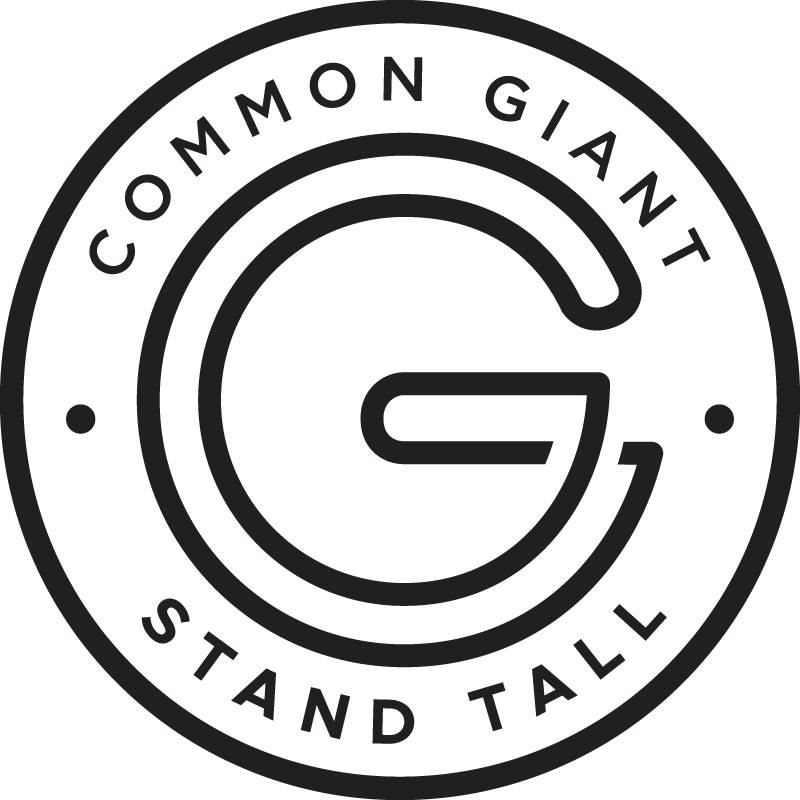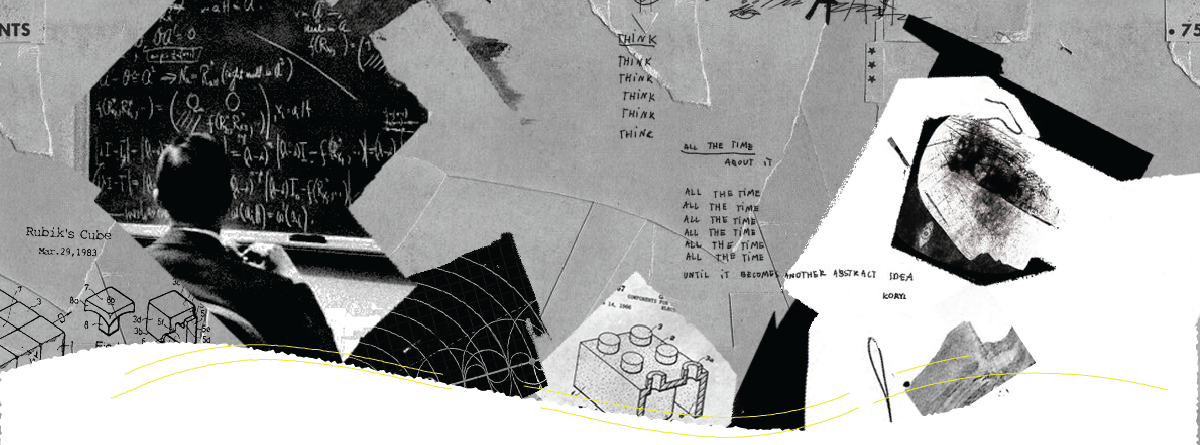Blog
Why Should You Use Brand Archetypes?
#03
Why Should You Use a Brand Archetype?
People buy from people
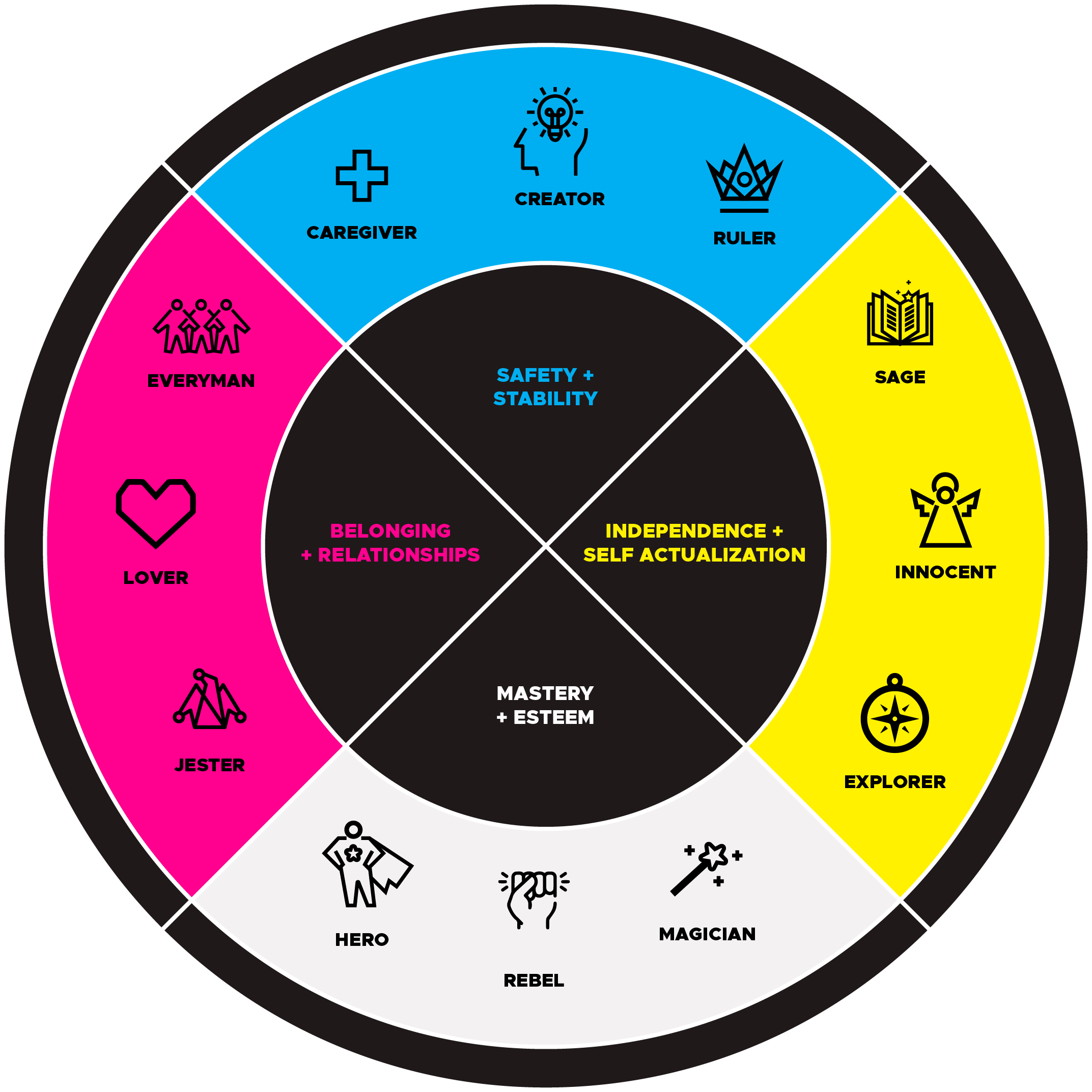

Why Are Brand Archetypes Effective?
A few weeks ago, we discussed Brand Archetypes and identified a few recognizable brand names that exemplify their respective archetypes pretty clearly. Today we’re going to dive a bit deeper and talk about why using archetypes and storytelling is an effective selling tool and framework for brand building.
“I can really relate to that…”
It may sound comical to think about yourself “relating” to something like a company's brand, and that’s exactly the point of using archetypes. Archetypes and storytelling humanize your business. Embodying a character connects and breathes life into the disparate tangibles we associate with a brand such as a logo, colors, tagline, and product. These marketing elements come together to describe an image, say that of the Rebel, the Caretaker, etc. Consumers can more readily associate a feeling with your brand like, “This makes me feel safe” or “This makes me feel smart.”
No, the feelings may not hit them so literally. People are simultaneously more and less complex than they seem. Remember that the archetypes stem from Jung’s theory of the collective unconscious, these images and associations are so ingrained into our thought processes, we’re not always cognizant of them.
In other words, consumers may gravitate towards brands that express a clear archetype because of our innate predisposition to those images and characters.
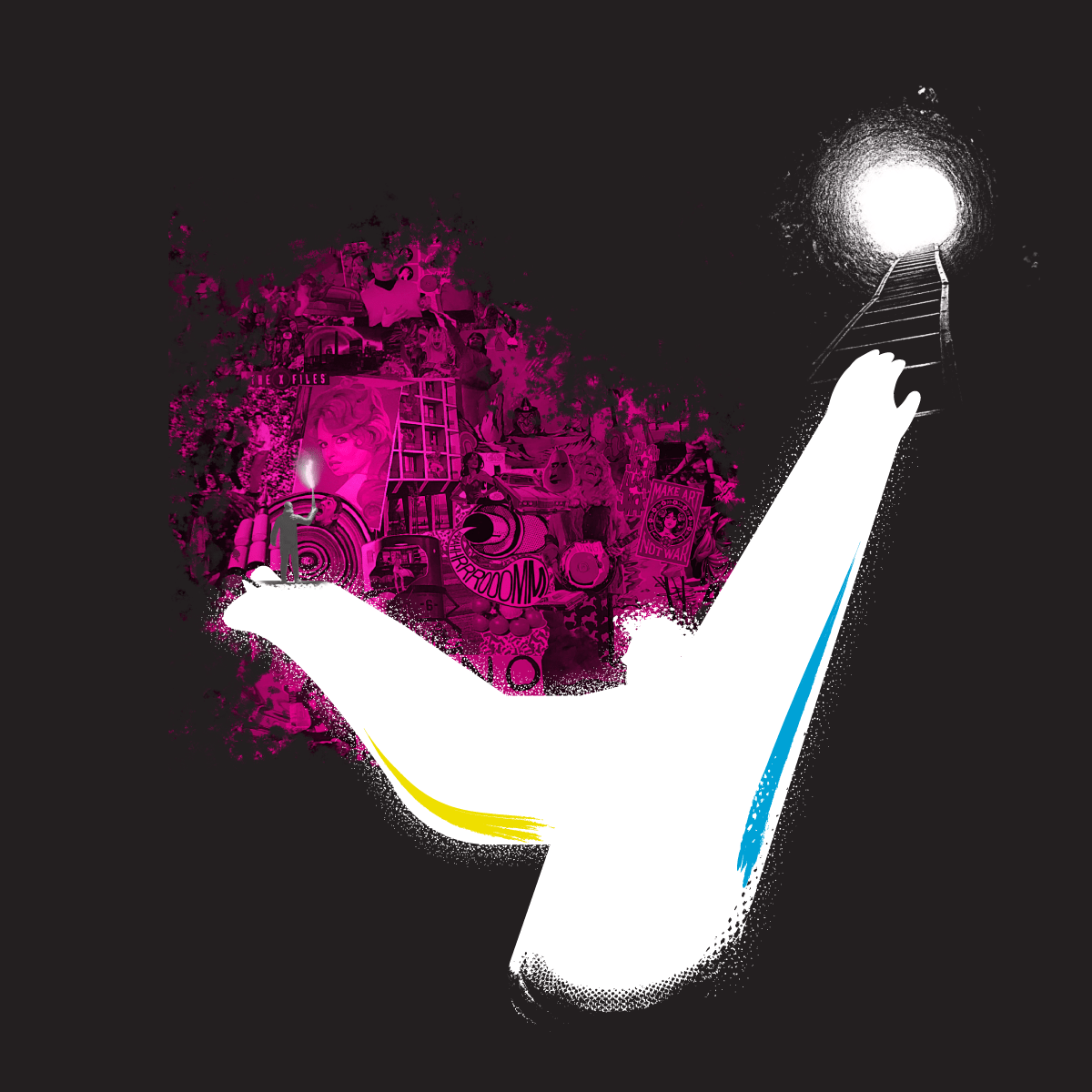
“What should I wear?”
As for your business operations and your team, archetypes give your marketing department a roadmap or framework to build brand materials.
To use a simple but effective comparison, it is essentially like having your outfit or uniform picked out before the big day instead of trying to decide what to wear last minute. Without an archetype, your ensemble may look slapdash and out-of-style, to say nothing of the time and emotional energy spent deciding how to dress.
The direction this provides can actually be one of those illusory “limitations” that is in fact liberating to your creative team. Within each archetype, there are countless iterations and customizations. You are absolutely NOT picking a one-size-fits-all option. For instance, both Oprah Winfrey (the brand) and Harvard University embody the Sage archetype. Vans shoes and Harley Davidson both express their unique versions of the Rebel archetype.
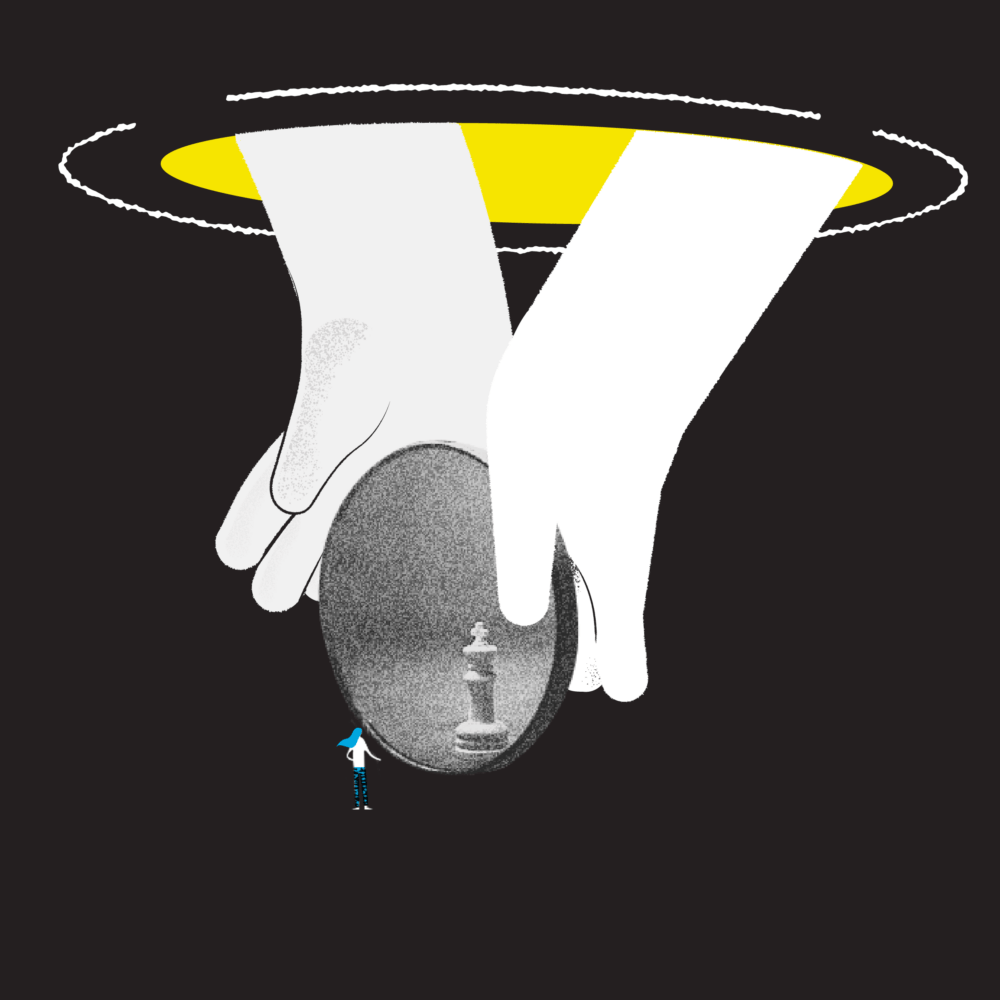
Who Will You Be?
Determining which archetype is right for your brand is a whole process. Luckily, it's one we’ve been honing for years.
A few things to remember are:
-
There are no bad archetypes, only bad fits.
-
While people may hold affinities for certain archetypes, what they are drawn to most is a clear identity. What you are isn’t as important as how effectively you express it.
-
Many brands are comprised of more than a single archetype. There are dominant, secondary, and sometimes tertiary lessers that supplement it.
